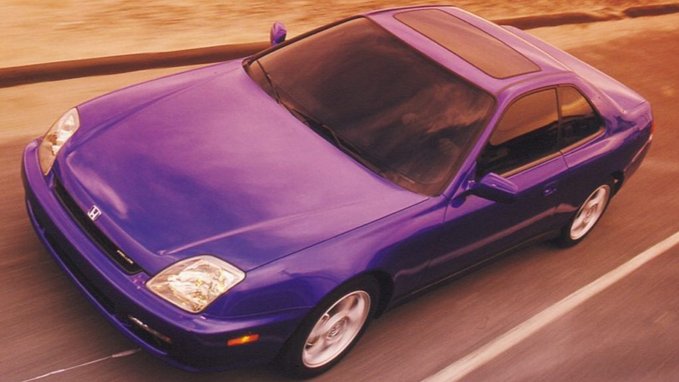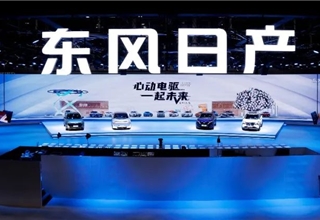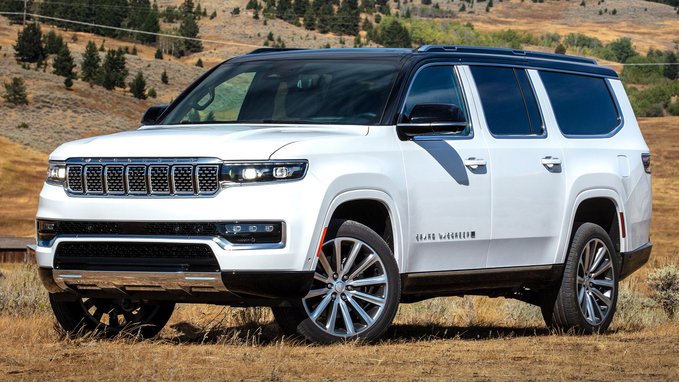How To Choose the First Car for a Beginner?
Every month more than 160,000 new and 370,000 used cars are sold. Many of them become buyers’ first vehicles. Some get their car as soon as they receive their driver’s license, others only months or years later. Let’s talk about how to prepare for buying your first car, how to cope with the agony of choice, with doubts and fears.
Your First Car – New or Used?
It would seem, what car to buy – new or used – the question is only financial. We have a lot of money – we go to a dealer for a car, which just came off the conveyor. Money is little – we call by an advertisement and bargain for a used car. Everything is much more difficult – each variant has its advantages and disadvantages.
In favor of the purchase of a new car the following facts speak:
- legal purity;
- modern design;
- advanced technology, including electronic driver assistance systems;
- increased comfort, which reduces the level of stress that accompanies novice drivers;
- greater reliability due to the absence of wear and tear;
- manufacturer’s warranty;
- high liquidity for future sales.
Used cars have their advantages:
- lower price;
- Opportunity to carry out maintenance, repair, buy spare parts, consumables not in official service stations, but they’re where they are cheaper;
- An opportunity to learn to drive without constant fear of damaging an expensive car. Practically all beginners after the purchase of a car get scratches, chips, break mirrors, bumpers. Someone gets in an accident because of inexperience. To break a cheap used car is not as miserable and costly as a new one.
For a used car, it is better to go to a large car dealership. Cars there cost more, but the legal risks and the risks of buying a car with hidden defects are much lower.
If you still want to buy a car from a private person, agree with him to have it checked by an independent service center, or at least take a friend with vast experience in private car ownership to visit the car. Otherwise, there is a high risk to buying a beaten, sunken, or just a badly worn car with twisted mileage indicators, which was brought to a decent look due to cosmetic repairs. Do not forget about checking the legal clearance – make sure that the car is not listed as stolen, that there are no encumbrances on it, and that its sale to the previous owner was performed without any violations.
Remember that the choice of a car must be made strictly and seriously. You can’t rely on such a thing as luck, because you do not bet on soccer Ghana or play roulette, where chance decides everything, you choose your transport, on which your safety depends.
What Should Be the First Car?
When choosing a car be guided not only by the principle “I like/do not like”. Inattention to any detail is often the reason for disappointment in the purchase.
Price
A car of the average price category will do for a novice driver. As we have already said above, the experience of driving is always gained at the price of inevitable damages to a car.
An expensive car with a powerful engine is more expensive to operate, and a beginner does not yet know how to competently reduce these costs.
But it is not worth it to buy a completely cheap car.
Firstly, it will demand repair constantly and can break down quickly.
Secondly, a beginner driver is in a constant state of stress, and absence of comfort, for example, an air conditioner or adjustable seats’ headrests, only worsens this condition.
Thirdly, a cheap car, even if it is new, does not provide safety for drivers and passengers, the results of crash tests are eloquent.
Body Type
When choosing a body type, you should consider three things:
- Maneuverability, handling. The more compact a car is, the easier it is to feel its dimensions, which is especially important in the conditions of dense city traffic. Besides, a small car is easier to park. From this point of view, hatchbacks and liftbacks are convenient.
- The volume of the trunk, the comfort of the interior. If the car is used by a large family and its needed to constantly carry a variety of cargo or pets, it is better to choose a sedan or station wagon. But because of their long body, they are less maneuverable and comfortable than hatchbacks.
- If the car needs to go out of town, where the roads are not always good, it is better to choose a crossover with high ground clearance, large wheels, and four-wheel drive.
Technical Characteristics and Driving Qualities
Engine type and volume. The optimal engine volume for the first car is 1.0-2.0 liters. Power units of larger volume do not consume fuel economically, the transport tax is higher for cars equipped with them. It is more difficult to drive a powerful, fast car, and in the dense city traffic, the excellent running performance is of no use.
No matter what the car is, it stands at traffic lights together with everybody else, gets stuck in traffic jams, goes at the speed of the stream.
The turbocharged power units give out more power than the atmospheric ones. But their service life is less and reliability is lower. For a beginner, it is better to opt for a gasoline engine.
Diesel cars are more economical, but the price of their service is higher, so it is not always possible to find high-quality fuel. Yes, and not all manufacturers produce diesel cars.
It is important to pay attention to fuel consumption – the expenses for vehicle operation will depend on it. But one should not rely only on the figures declared by the manufacturer, they are usually underestimated. Therefore, it is better to read reviews of real owners of the model on forums, in social networks.
Type of transmission. There is an opinion that the first car should be with a manual transmission. It is believed that having learned to drive well on the “mechanics”, the driver can easily drive a car with any gearbox. But now more and more automakers are abandoning manual transmission in favor of classic “automatics”, robotized transmissions, and variators. Soon “mechanics” may become so rare that it will be possible to find it only at the secondary market. But there will be no problems with automatic transmission purchases.
Therefore buy the first car with automatic transmission, if you do not want to distract from the road for constant gear shifting.
Safety and Driver Assistance Systems
The statistics of traffic police testify that the most frequent participants of road accidents are not novices, but more experienced drivers of 30-40 years old. Feeling themselves confidently behind the wheel, they often neglect the rules and act inconsiderately. But still almost every novice driver in the first months and even years of driving experiences great discomfort and fear of getting into an accident.
Therefore, the first car should be equipped with maximal active and passive safety systems. The most useful assistants, according to surveys of drivers, are :
- Parktronic;
- a system of preventive braking;
- blind-spot monitoring system;
- adaptive headlights.
The Main Mistakes When Buying Your First Car
- The choice of a too expensive or cheap car. Buying the first car, you need to understand that mistakes in its operation are inevitable. The reason for this is the lack of experience in owning a personal vehicle. If you choose a premium brand model, there is a high probability to “kill” the car to the extent that in the future no one wants to buy it. And maintenance costs will be very high.
- The too cheap second-hand cars will not provide a normal level of comfort and safety, will require constant repairs, and will fail very quickly.
- Purchasing a car without consideration of future operational expenses, many beginning drivers appear not financially ready for its maintenance. So before paying for the model you like, calculate approximately how much you’ll have to spend per month. If the amount is too high, consider cars with lower fuel consumption, lower transport tax, cheaper maintenance, etc.
- Purchase of an illiquid model on the secondary market. Sooner or later you will want to sell your first car to buy a new one. Illiquid cars lose value faster than demanded models. In addition, the buyers will have to search for a longer time, and during this time you can miss out on good deals on a new car. So, study the demand and choose a car that is willingly purchased on the secondary market.





